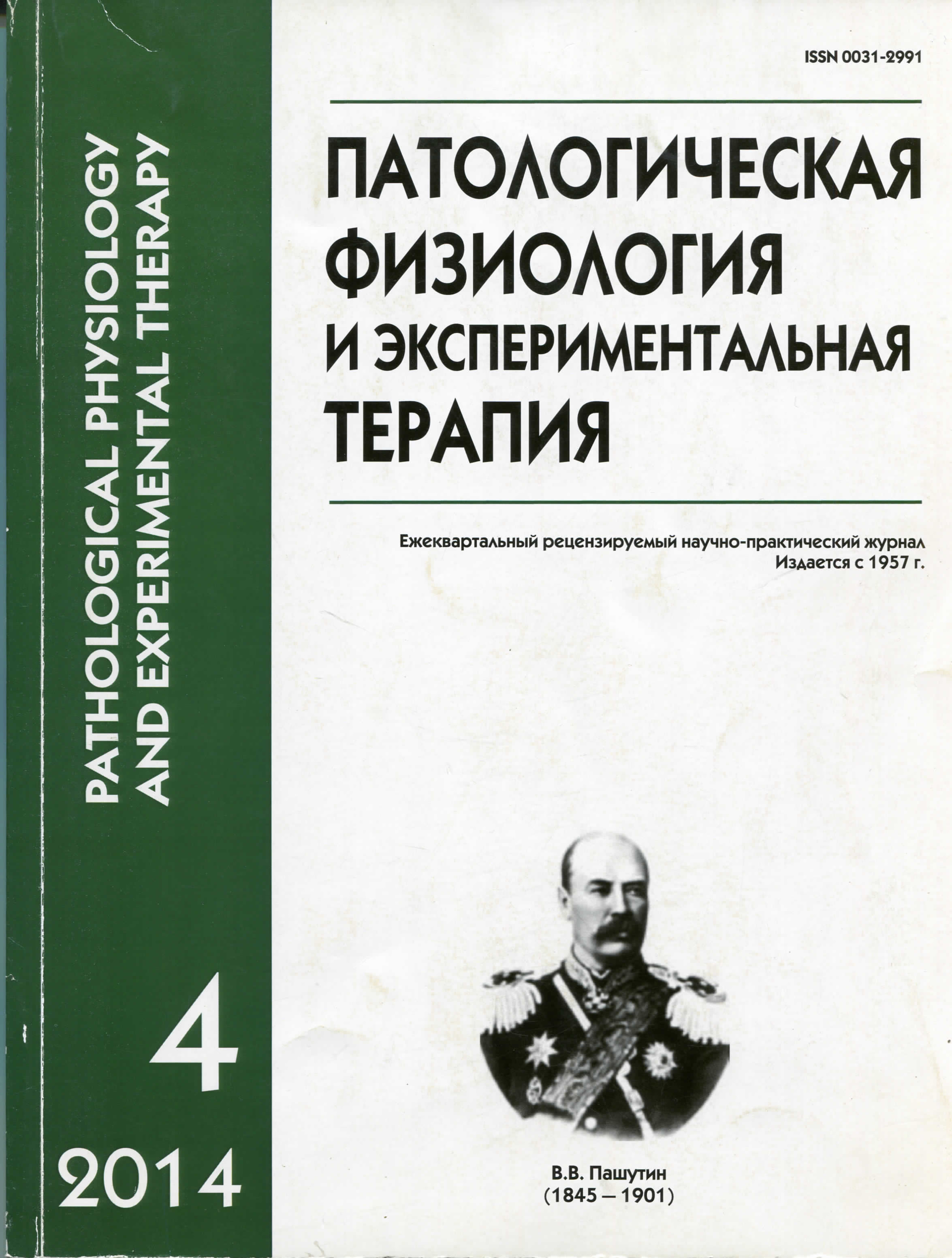Possible mechanism of the selective action of the inhibitors of glycolysis in the endothelial cells and the human carcinoma cells in the culture
Keywords:
2-D-deoxyglucose (2-DG), sodium dichloroacetate (DCA), reactive oxygen spices, ECV304, HeLa G-63, flow cytometry
Abstract
It is known that the production of energy and synthesis of macromolecules in cancer cells depend on the glucose metabolism to a greater extent than in non-tumor. In this paper we carry out a comparative study of the effectiveness of the two modifiers glycolysis 2 — D-deoxyglucose (2-DG) and dichloroacetate (DCA) in the induction of the cell death, changes in the cell cycle progression and in the alteration of the intracellular ROS levels in endothelial cells (line ECV304) and human carcinoma cells (line HeLa G-63) in order to identify cause-effect relations between these events. It has been shown that inhibition of the various stages of the glycolysis result in blocking cells in G2/M phase of the cell cycle and the induction of the cell death. This effect was record for HeLa G-63 cells only. DCA is inhibitor of the pyruvate dehydrogenase kinase and 2-DG is inhibitor of the glucose transport and glycosylation induced selective dose-dependent cytotoxic effect in HeLa G-63 cells. The increase of intracellular levels of the oxygen radicals induced by DCA in the cells HeLa G-63 suggests that the cytotoxic effect of the DCA is mediated by activation of the mitochondrial functions. The cytotoxic effect of 2-DG depend on the level of glucose in the culture medium, therefore we suggest that not only the oxidative stress, but and the energy depletion involved in selective response of the cancer cells on the actions of the inhibitors of glycolysis.Downloads
Download data is not yet available.
Published
05-12-2014
How to Cite
Giliano N. Y., Bondarev G. N., Konevega L. V., Noskin L. A., Zhurishkina E. V., Alchinova I. B. Possible mechanism of the selective action of the inhibitors of glycolysis in the endothelial cells and the human carcinoma cells in the culture // Patologicheskaya Fiziologiya i Eksperimental’naya Terapiya (Pathological physiology and experimental therapy). 2014. VOL. 58. № 4. PP. 78–85.
Issue
Section
Original research






